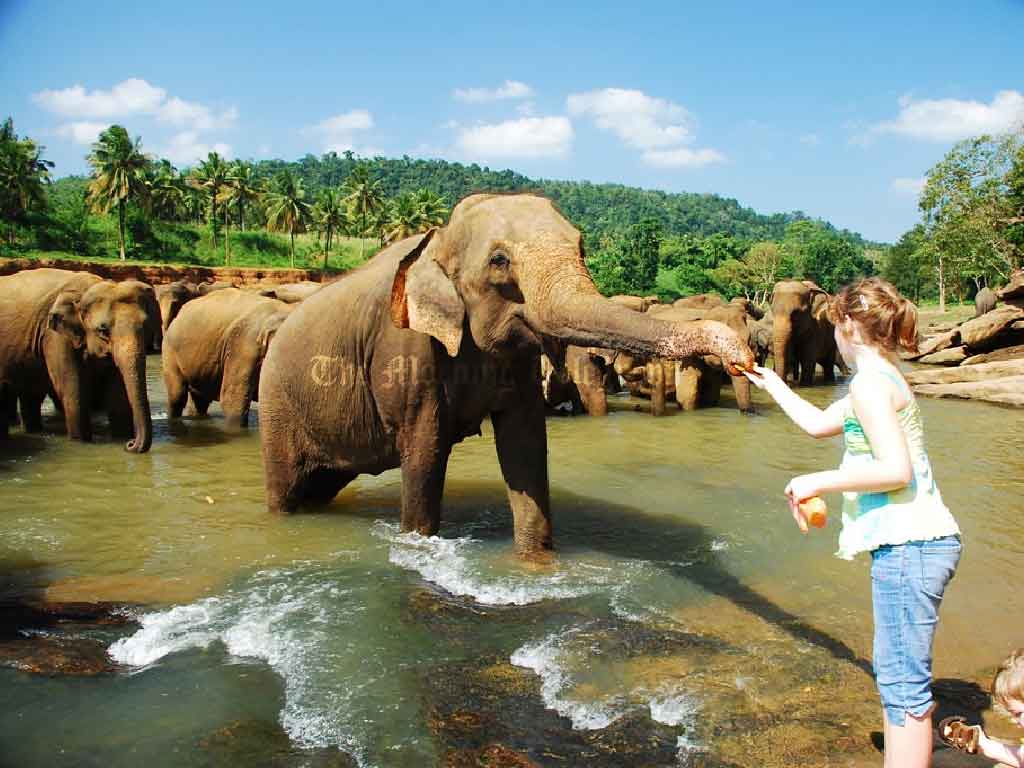
Elephant sanctuaries in Sri Lanka and several other countries have come under fire for allegedly unethical and cruel practices. Duncan McNair, CEO of the London-based charity Save the Asian Elephant, claims these sanctuaries prioritize profit over the well-being of the animals, often exploiting them in harmful ways.
McNair’s remarks come in the wake of a tragic incident in Thailand, where 22-year-old Blanca Ojanguran Garcia, a Spanish law student, was fatally attacked by an elephant she was petting at Ko Yao Elephant Care. According to reports, the 50-year-old elephant used its trunk to strike Garcia while she was bathing it. Although 18 other tourists, including Garcia’s boyfriend, were present at the time, no one else was injured. The sanctuary has yet to release details about the elephant’s treatment prior to the incident.
McNair warned that such attacks are symptomatic of the unnatural and stressful conditions in which elephants are kept. “An elephant does not attack with its trunk randomly,” he explained. “These animals are acting out due to the immense stress caused by their captivity and commercial exploitation.” He emphasized that while elephants are calm, intelligent creatures, their behavior in captivity can become unpredictable due to psychological and physical stress.
Elephant sanctuaries often market themselves as ethical destinations, allowing tourists to interact closely with the animals. However, critics argue that many of these establishments engage in abusive practices, such as chaining, food deprivation, and harsh training methods to force elephants into submission. These conditions contribute to their stress and make them more prone to aggressive behavior.
The tragedy in Thailand has reignited debates about the safety of such sanctuaries. Experts have long cautioned that close contact with elephants is inherently risky, as these animals, even when appearing calm, are not fully domesticated. Conservationists and animal welfare advocates are now calling for stricter regulations and improved oversight to ensure the humane treatment of elephants in sanctuaries worldwide.
In Sri Lanka, similar concerns have been raised about elephant care and treatment in both private sanctuaries and government-run facilities. Activists have urged the authorities to investigate and enforce stricter welfare standards, citing instances of elephants being overworked in cultural pageants and tourist activities. As global awareness of animal rights grows, these sanctuaries face increasing pressure to reform their practices and prioritize the well-being of the animals over profit.
4o




